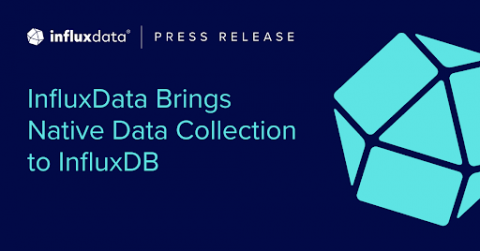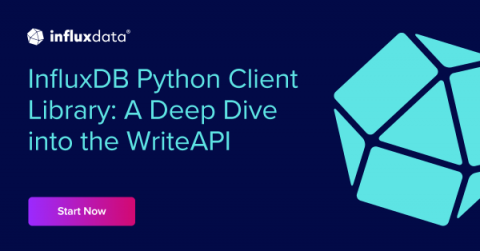InfluxData Brings Native Data Collection to InfluxDB
SAN FRANCISCO — August 23, 2022 – InfluxData, creator of the leading time series platform InfluxDB, today announced new serverless capabilities to expedite time series data collection, processing, and storage in InfluxDB Cloud. InfluxDB Native Collectors enable developers building with InfluxDB Cloud to subscribe to, process, transform, and store real-time data from messaging and other public and private brokers and queues with a click of a button.











